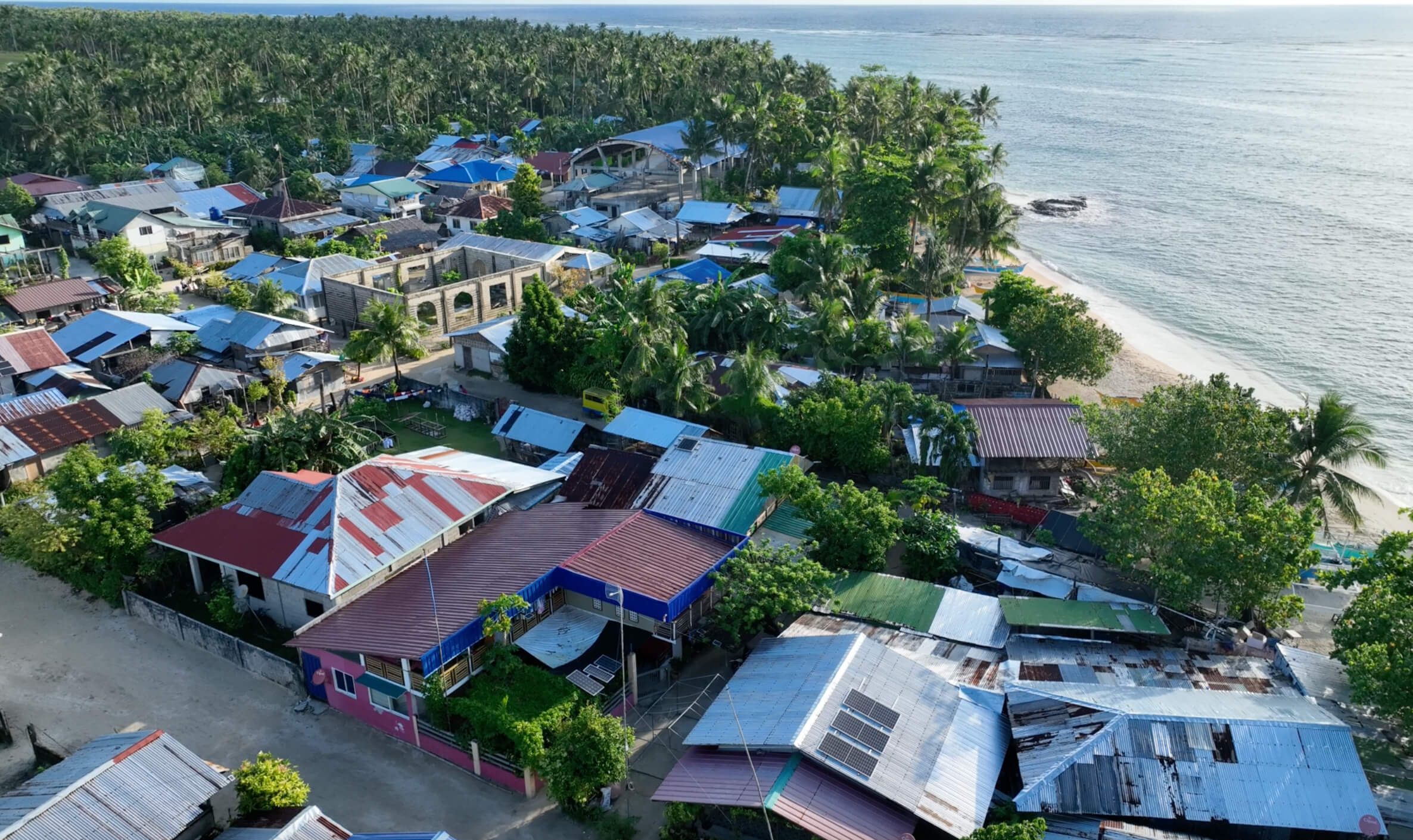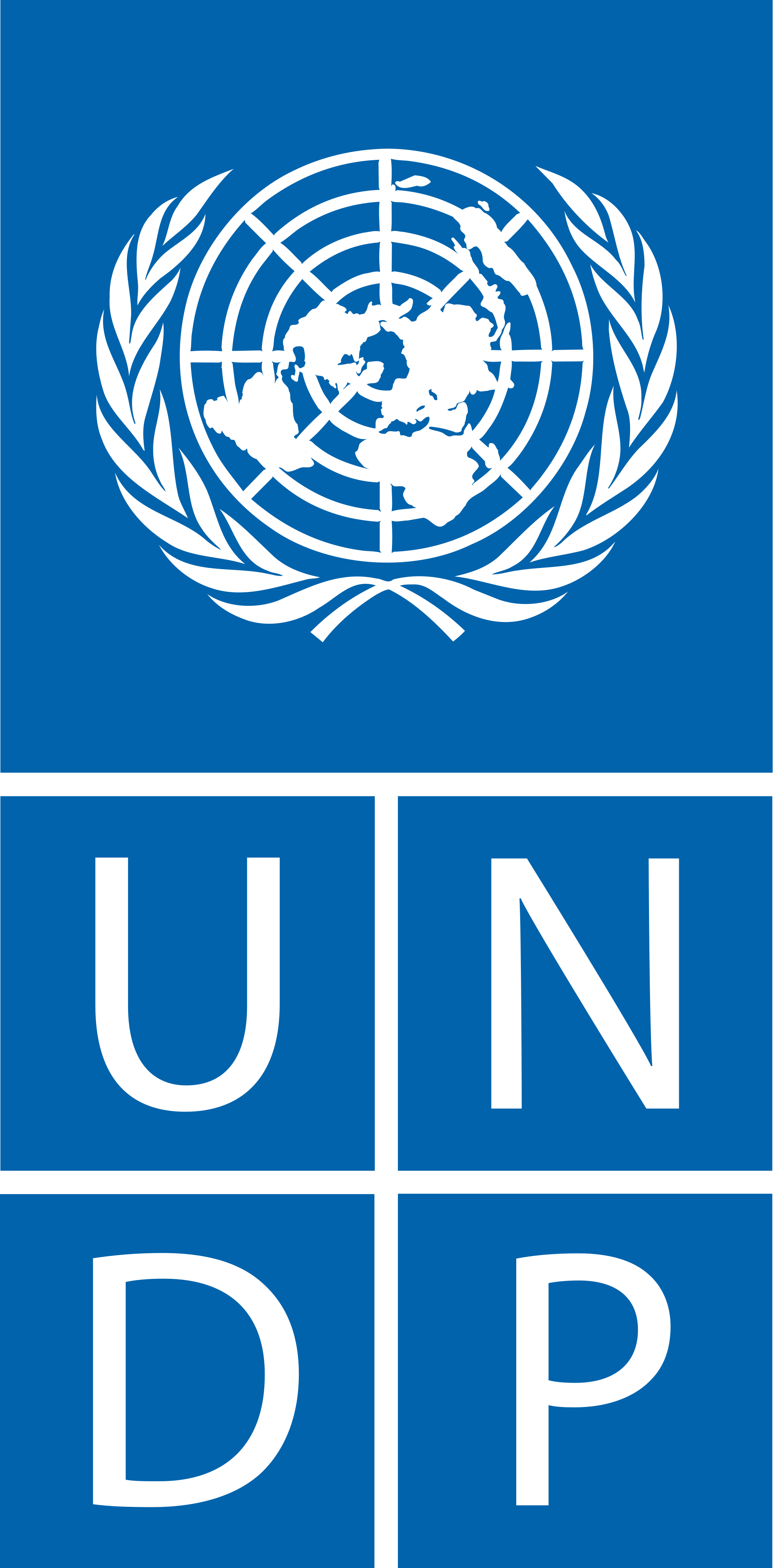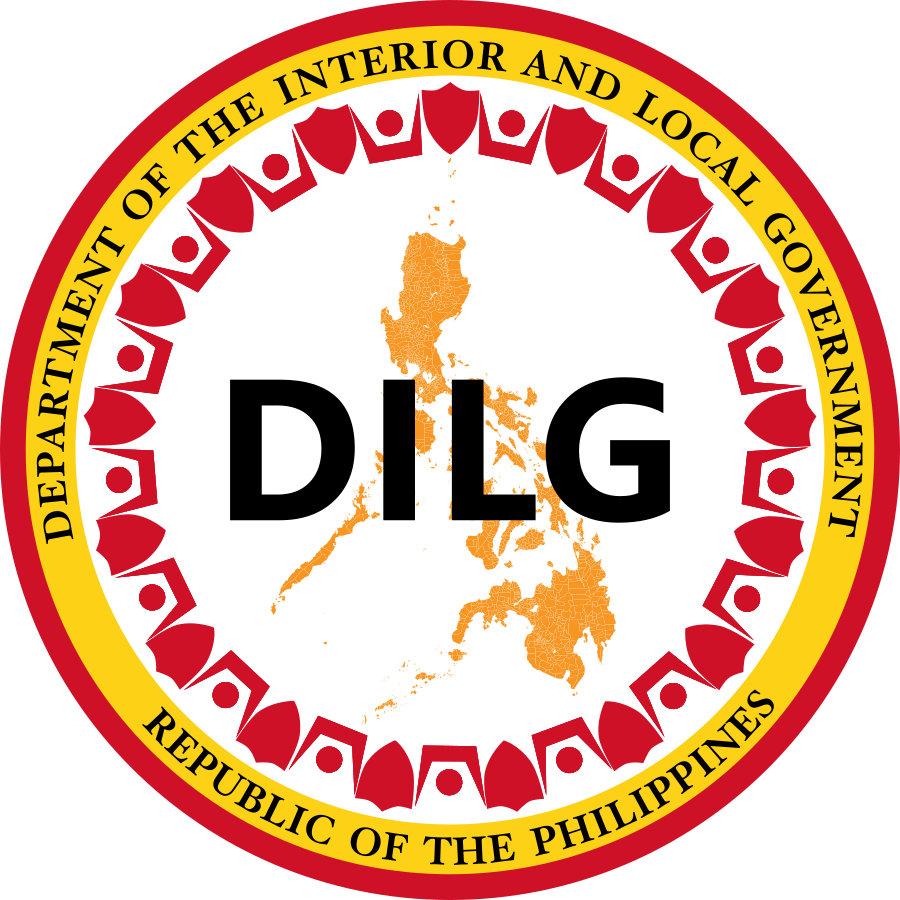Pioneering Green Change in Local Communities
Local government units (LGUs) across the Philippines are at the heart of the "Green LGUs" Project—an initiative under the broader Green Economy Partnership with the Philippines (GEPP), supported by a €60 million (approximately P3.67 billion) grant from the European Union. This project focuses on empowering local governments and stakeholders, including the often marginalized groups, to adopt and scale up circular economy practices—finding smart ways to use resources efficiently, reduce waste, and treat materials as valuable assets rather than disposable items.
A core principle is collaboration – working closely with local businesses, community organizations, and GEDSI groups, particularly youth and women are central to these positive changes. The Green LGUs Project is co-led by the Department of the Interior and Local Government (DILG) and the United Nations Development Programme (UNDP).
A core principle of the Green LGUs Project is collaboration – working closely with local governments, businesses, and community organizations, while ensuring that the youth, women, and other marginalized groups are central to driving circular economy solutions. The Green LGUs Project is co-led by the Department of the Interior and Local Government (DILG) and the United Nations Development Programme (UNDP).



